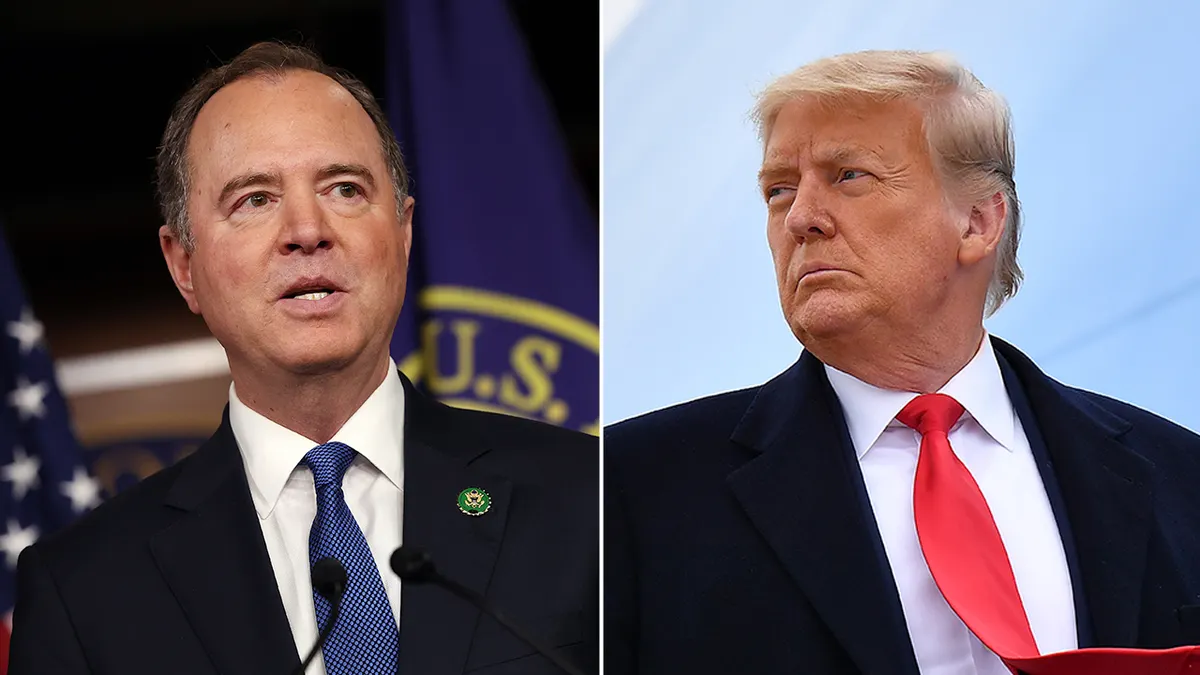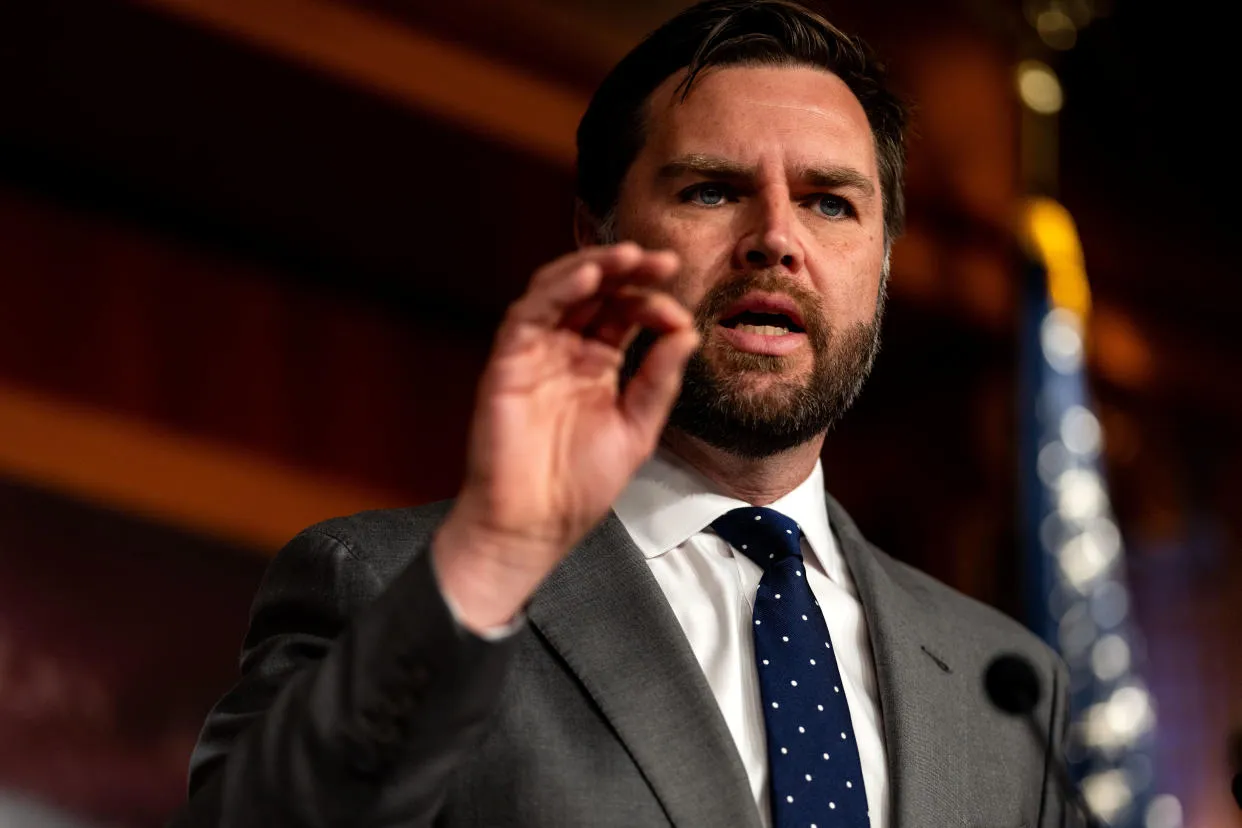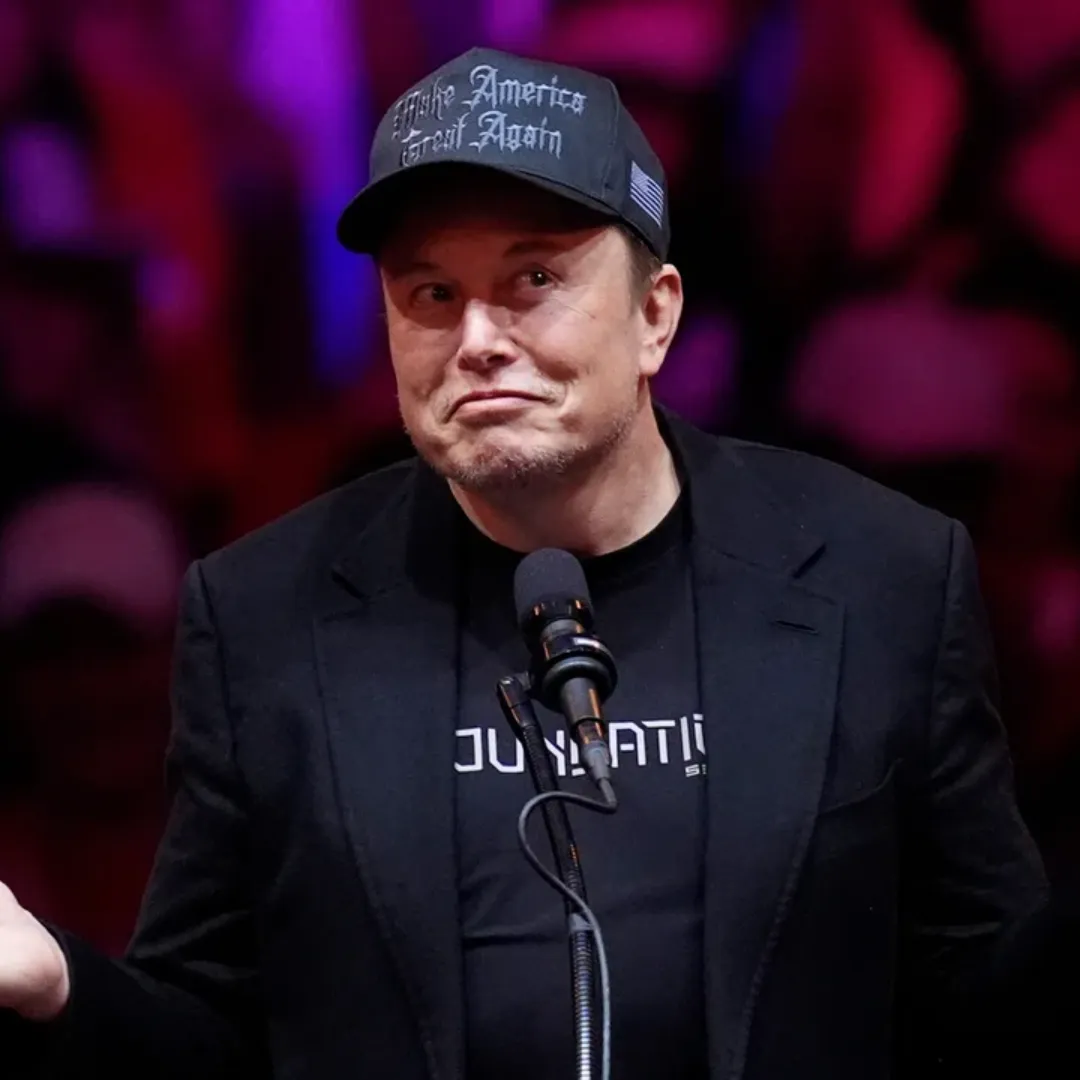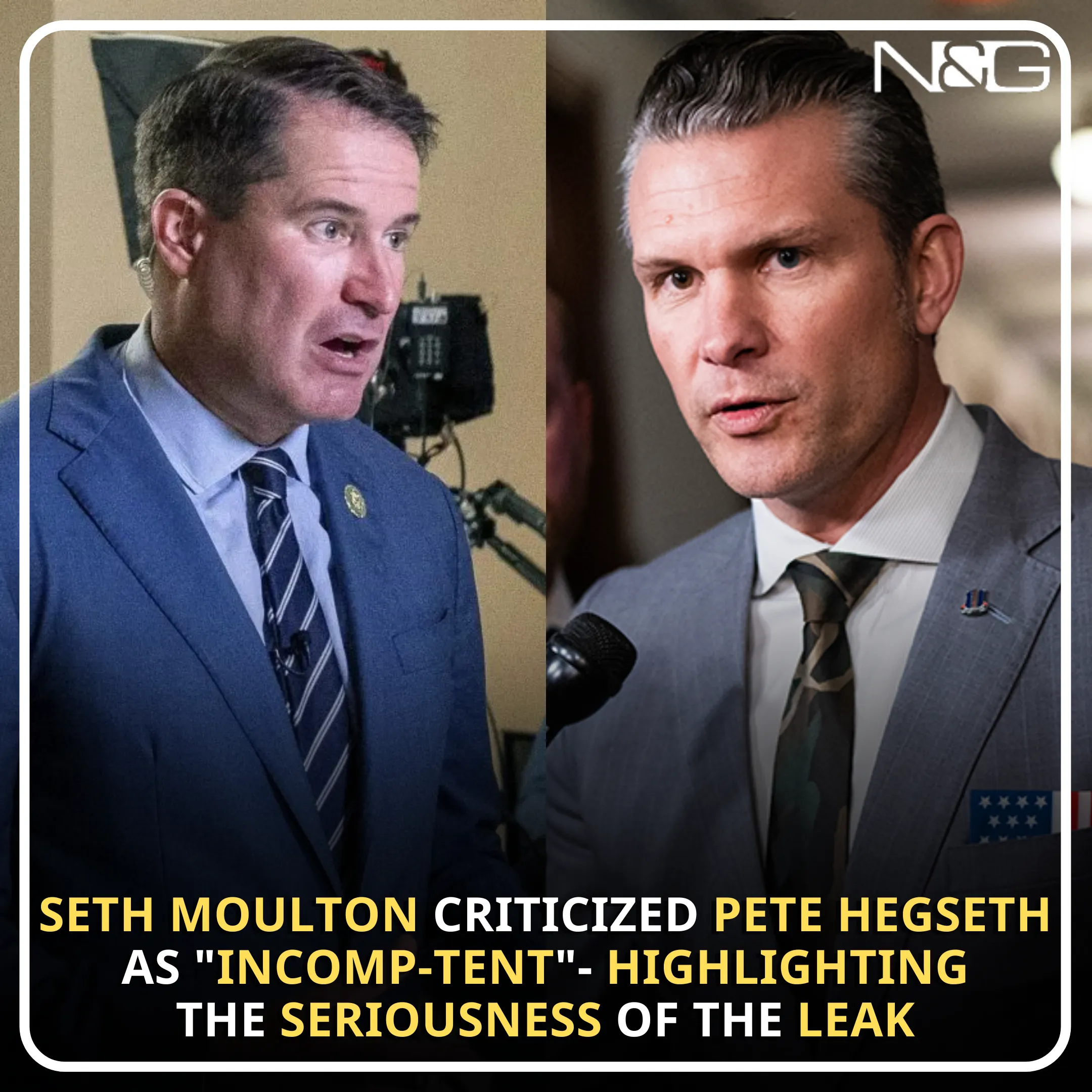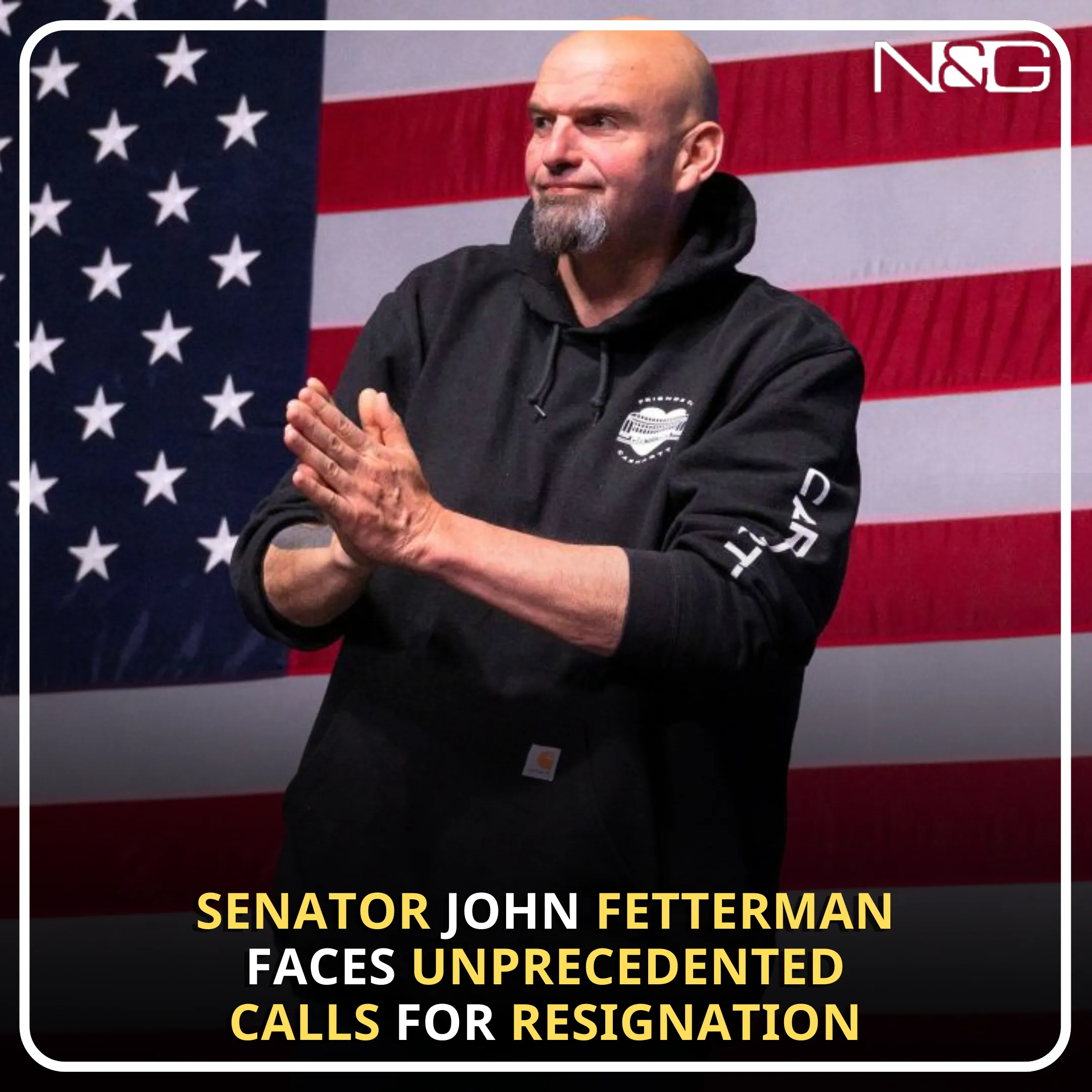A new political firestorm is brewing in Washington, D.C., after Senator Adam Schiff (D-Calif.) publicly called for a congressional investigation into whether former President Donald Trump engaged in insider trading or market manipulation by hinting at stock gains just before announcing a surprise pause on sweeping tariff policies — a move that triggered a historic rally on Wall Street.
Schiff, one of Trump’s most prominent Democratic critics, is the first U.S. Senator to openly advocate for an inquiry into what he suggests could be a gross abuse of presidential power for personal or political gain. His call follows Trump’s cryptic message posted on Truth Social that read, in all caps, “THIS IS A GREAT TIME TO BUY!!!” just three hours before he announced a 90-day suspension on tariffs for all countries except China.
The announcement instantly lifted a cloud of uncertainty over the U.S. economy. Within minutes, stocks soared: the S&P 500 climbed over 9%, the Nasdaq 100 jumped more than 8%, and bond yields fell — all in response to news that Trump was putting the brakes on a protectionist policy that had sent markets into turmoil in prior days.
But for Schiff and many others in Congress, the timing wasn’t just suspicious — it might be criminal.
Speaking to TIME on Wednesday, Schiff revealed that he is actively exploring options to investigate whether Trump, his associates, or political allies stood to profit from the abrupt tariff reversal.
“I’m going to do my best to find out,” Schiff said. “Family meme coins and all the rest of it are not beyond insider trading or enriching themselves. I hope to find out soon.”
Schiff’s pointed remarks referenced past controversies involving Trump’s family and financial interests, including the launch of cryptocurrency-themed “meme coins” bearing the Trump brand.
The California senator made it clear he views Trump’s social media activity — and its potential financial implications — as more than just erratic communication. In his view, it may be coordinated economic interference.
While Schiff doesn’t currently sit on the Senate Judiciary or Finance Committees — both chaired by Republicans — he can still initiate a probe using his own staff, though such efforts would lack the subpoena power necessary to compel testimony or document production.
The sequence of events has drawn comparisons to stock “pump-and-dump” schemes — except in this case, the person doing the pumping was the former President of the United States.
Trump’s post declaring it a great time to buy sent an immediate signal to investors, triggering massive buying just before his policy shift provided the justification. Critics argue that this wasn’t coincidence — it was a calculated move to influence markets in favor of those watching closely, particularly insiders or allies.
Rep. Steven Horsford (D-Nev.) was among the first to question the move during a heated hearing with Trump’s trade representative, Jamieson Greer. Horsford, visibly frustrated, shouted: “This is amateur hour. You just got the rug pulled out from under you.”
“This is not a game. This is real life,” he added.
Schiff is not the only lawmaker raising concerns. Senator Tim Kaine (D-Va.) told TIME that the situation has become so public that even his barber was asking whether Trump manipulated the market.
“When my own barber asks me whether Donald Trump is selling short or doing this to try to make money for himself, it shows that a lot of people are pretty suspicious about what’s going on,” Kaine said.
Senator Tina Smith (D-Minn.) responded similarly when asked whether Trump should be investigated for potential market manipulation: “It’s a great question. He certainly had a lot to gain. I hadn’t thought of that.”
Though no Republican Senators have joined the call for investigation, the silence from GOP leadership is notable. Both Judiciary Chair Chuck Grassley (R-Iowa) and Finance Chair Mike Crapo (R-Idaho) have yet to comment, and have historically avoided public clashes with Trump.
Trump’s behavior — sudden policy changes, market-moving announcements, and cryptic financial commentary — has long raised eyebrows. But the recent tariff pause may represent the most overt instance of possible self-dealing.
Treasury Secretary Scott Bessent, a former hedge fund manager, told reporters that the tariff pause was intended to create space for “bespoke negotiations” with U.S. allies. However, he admitted to having discussed the decision at length with Trump beforehand, raising further questions about who may have known about the move in advance.
“The only certainty we can provide is that the U.S. is going to negotiate in good faith,” Bessent said.
Yet Trump’s public justification only added to the confusion. He vaguely referred to “yippy” people who were afraid of the markets and said he had been watching the bond market, which he called “beautiful” after the tariffs were paused.
“You have to be flexible,” Trump said, adding that “over the last few days it looked pretty glum.”
At this stage, Schiff’s remarks are not yet tied to an official Senate investigation, but calls for oversight are growing. The SEC (Securities and Exchange Commission) has the authority to investigate suspicious trades and market manipulation, but enforcement becomes murkier when the market mover is a former president with no legal obligation to keep quiet.
Still, ethics experts say that even if Trump himself didn’t trade stocks, his public statements could constitute a form of “tipping” — sharing nonpublic information in a way that allows others to profit.
“If Trump or anyone in his circle profited from the timing of these statements, that’s not just unethical — it could be criminal,” said Richard Painter, former chief ethics lawyer for the George W. Bush administration.
Calls are mounting for lawmakers to demand financial disclosures from Trump’s business associates, political action committees (PACs), and affiliated investors to track any trading activity in the hours or days surrounding the tariff announcement.
Beyond the legal questions, Schiff emphasized the broader implications of Trump’s erratic trade and economic messaging: loss of public trust, damaged investor confidence, and a federal government that looks more like a casino than a policy engine.
“What American businesspeople need is some certainty, some predictability,” Schiff said. “They’re getting anything but. Americans who have seen their retirement savings wiped out need to be made whole.”
With the 2024 election looming and Trump continuing to dominate the GOP primary, the political risks of probing his finances are enormous. But Schiff, who has stood at the center of some of the most contentious investigations into Trump’s presidency, appears undeterred.
“This is about restoring trust in our system,” he said. “And that means asking hard questions — even when the answers lead to powerful people.”


